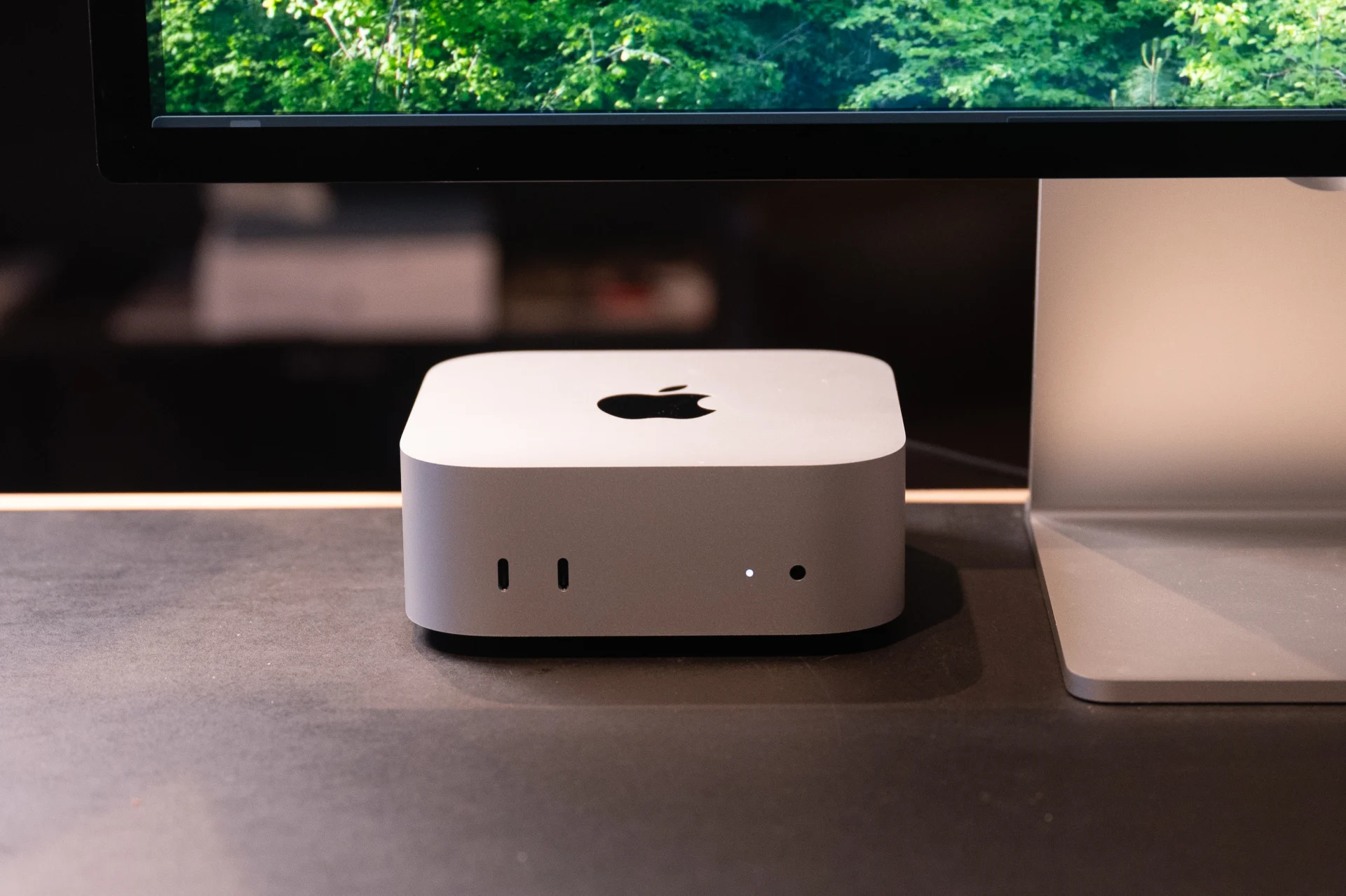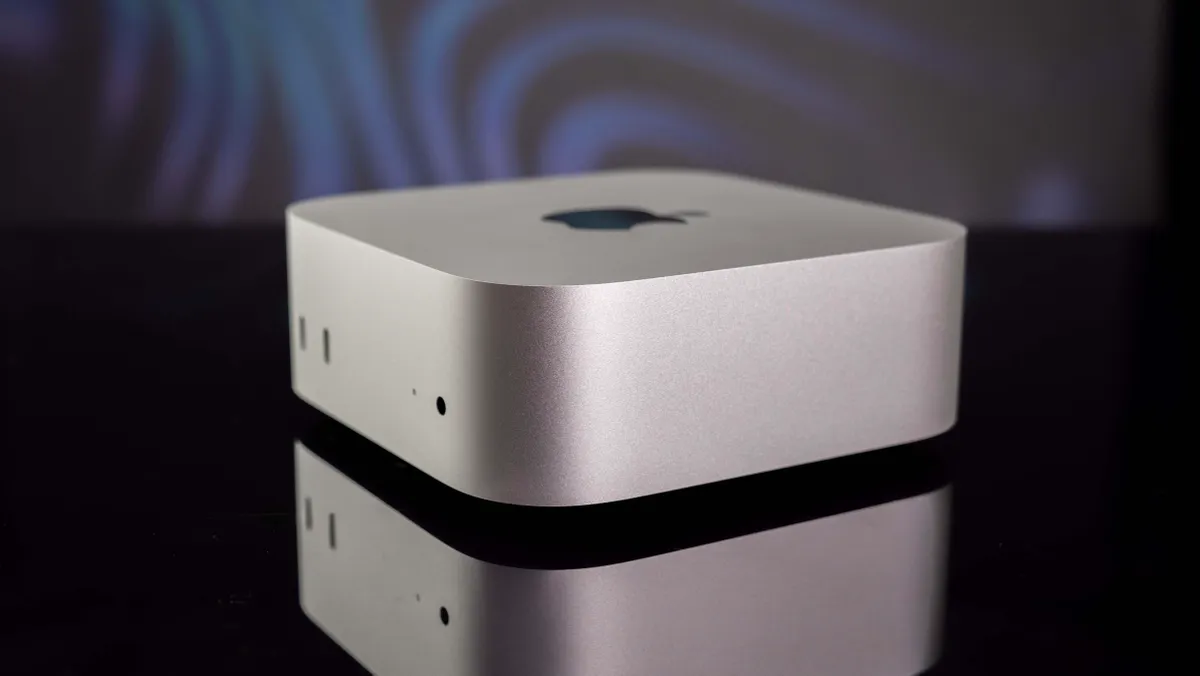Apple’s new Mac mini with the M4 chip has made a notable return to a dual-chip storage configuration in its base model. The new design includes two 128GB storage chips for the 256GB model, enhancing SSD performance compared to previous models that used a single 256GB chip.
This change addresses a key performance issue, as multiple NAND chips can work together for faster read and write speeds. This means that users who purchase the base model Mac mini will experience closer performance parity with higher-storage configurations like the 512GB, 1TB, and 2TB versions.
The teardown video also reveals that the new Mac mini’s storage is modular and not soldered onto the board, making it easier to remove. However, as seen with the Mac Studio, swapping out this modular storage is still complex and not designed for easy consumer upgrades. This modular design is a contrast to Apple’s previous approach in which storage was fixed, making any upgrades or repairs far more difficult for end users. Despite the removable design, upgrading storage will still require specialized knowledge and equipment.
Apple’s previous Mac mini with the M2 chip faced criticism for its use of a single 256GB storage chip in its base model, which led to SSD speeds that were 30% to 50% slower than models with more storage.

This performance difference was notable for certain tasks and caused disappointment among tech-savvy consumers who expected more from Apple’s entry-level systems. By returning to a dual-chip configuration, Apple has effectively resolved this issue, addressing a key complaint that affected users who value SSD speed in their workflows.
Apple faced similar criticism with other devices as well, such as the MacBook Air and 13-inch MacBook Pro models with the M2 chip, which also used a single storage chip, resulting in slower SSD speeds. However, Apple reintroduced dual-chip configurations for the 256GB MacBook Air with the M3 chip. Additionally, Apple replaced the base 13-inch MacBook Pro with a 14-inch model that starts with 512GB, eliminating the slower SSD issue for its entry-level pro laptops.
Although the complaints about slower SSD speeds in Apple’s base models largely came from tech enthusiasts, average consumers likely wouldn’t notice significant differences in day-to-day usage.
With the M4 Mac mini’s new storage configuration, Apple has ensured that those seeking the highest SSD performance can feel confident in their choice of storage capacity. The move to a dual-chip setup suggests that Apple has listened to customer feedback and made design choices that balance performance with customer satisfaction, particularly for its entry-level products.







Leave a Reply